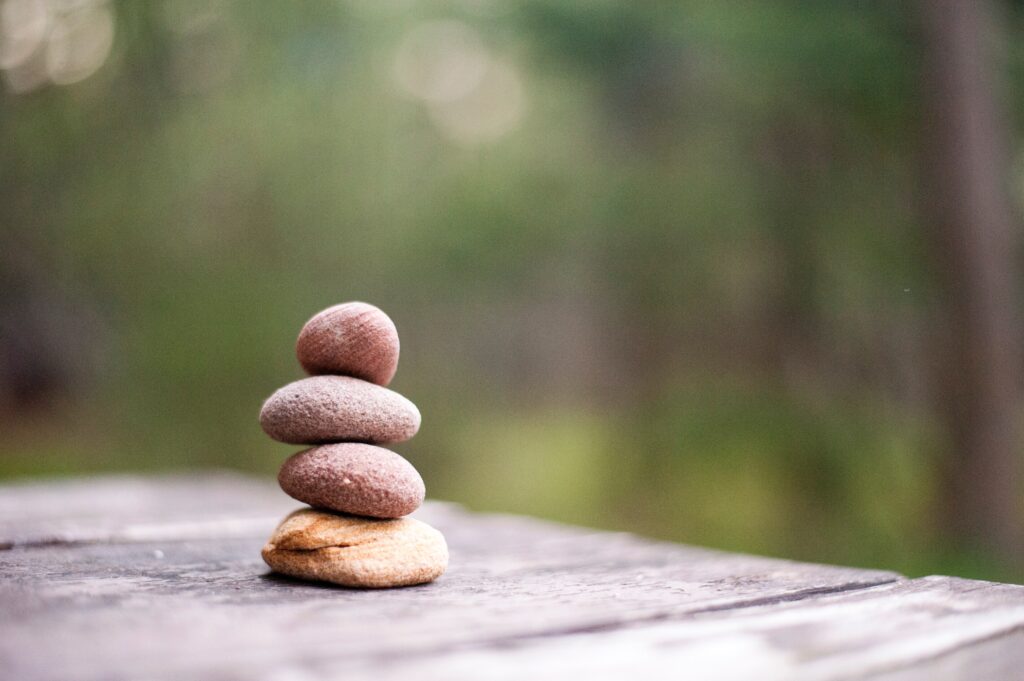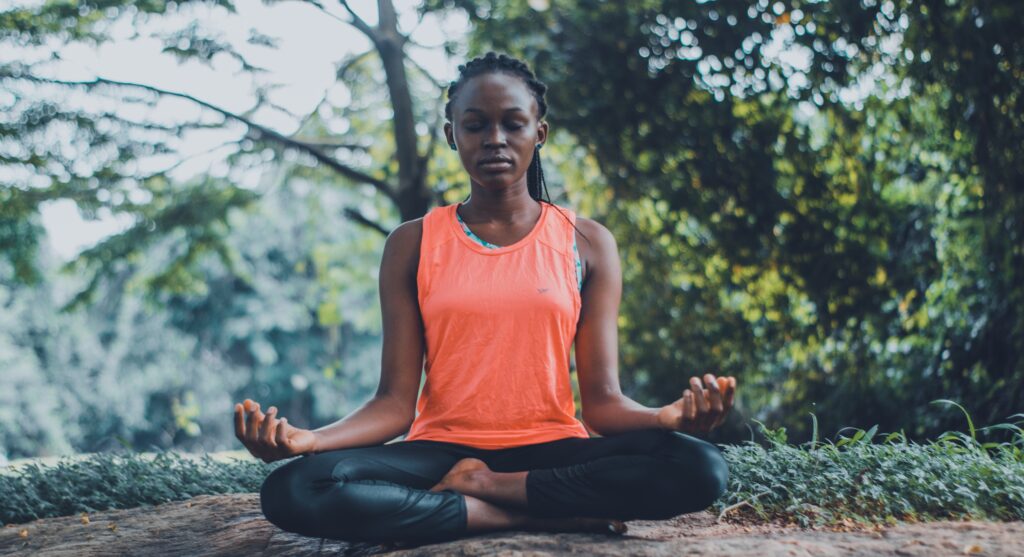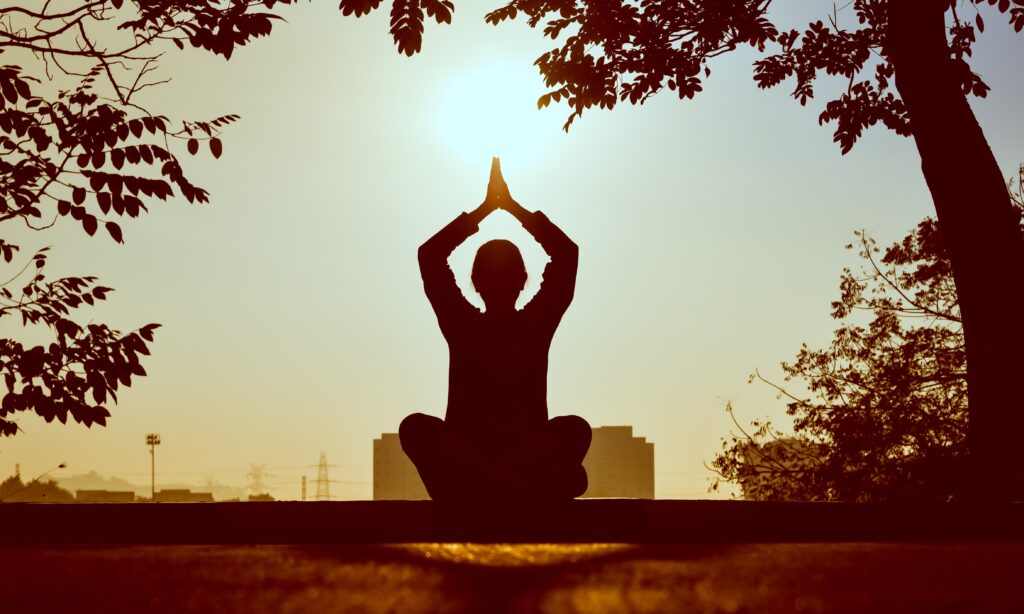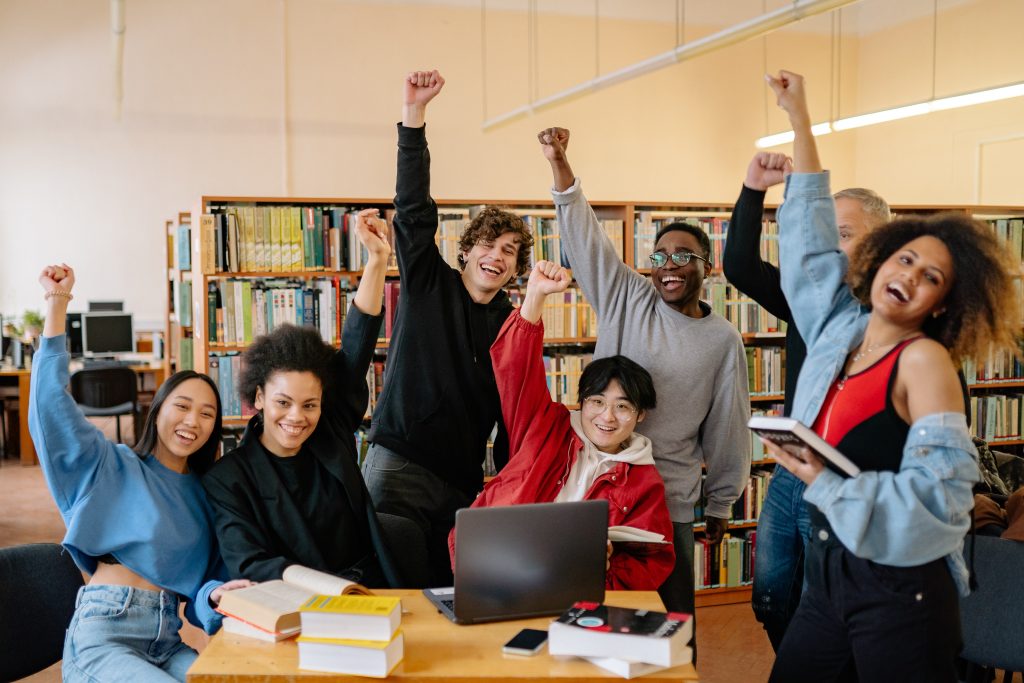Meditation is a powerful tool that can help you find a sense of calm and inner peace amidst life’s chaos. As a beginner, the key is to explore different practices and discover what resonates with you. While there is no right or wrong way to meditate, here are some best practices to get you started on your journey towards mindfulness.
-
Find a Comfortable Position: Begin by finding a comfortable position for your meditation practice. Whether you choose to sit cross-legged on a cushion or lie down on a yoga mat, ensure that your spine is straight and your body feels relaxed.
-
Set a Timer: For beginners, start with short meditation sessions, such as 5 minutes, and gradually increase the duration as you become more at ease with the practice. Setting a timer will help you stay focused and avoid distractions.
-
Focus on Your Breath: As you settle into your meditation, focus on your breath. Take deep, slow breaths, and observe the sensation of air entering and leaving your body. This simple technique anchors your attention, making it easier to stay present in the moment.
-
Let Thoughts Come and Go: It’s common for thoughts to arise during meditation. Rather than fighting them, practice observing them without judgment. Imagine your thoughts as passing clouds in the vast sky of your mind. Allow them to come and go, returning your focus to your breath.
-
Use a Mantra: If you find it challenging to quiet your mind, try using a mantra – a simple word or phrase that you repeat silently. Mantras can redirect your thoughts and provide a focal point for your meditation.
-
Visualize Peace and Calm: Visualization is a powerful technique to enhance relaxation during meditation. Picture a serene place or a peaceful scene in your mind’s eye. Allow yourself to immerse in the tranquility of this visualization.
-
Release Tension: During your meditation, scan your body for any areas of tension. Consciously release the tension, letting go of any physical discomfort and promoting overall relaxation.
-
Cultivate Gratitude: Towards the end of your meditation, take a moment to express gratitude. Reflect on the positive aspects of your life and the things you are thankful for. Gratitude can help shift your focus from negativity to positivity.
-
Experiment with Different Techniques: Meditation is a personal journey, and there are numerous techniques to explore. Try various practices, such as loving-kindness meditation, body scan meditation, or guided visualization, to find what resonates best with you.
-
Be Patient with Yourself: Remember, meditation is a skill that takes time to develop. Don’t be disheartened by a wandering mind; it’s a natural part of the process. Instead, approach your practice with kindness and patience, knowing that progress comes with consistency.


Extra Tips on Meditation:
-
Create a Sacred Space: Designate a quiet, comfortable space for meditation where you can be free from distractions. Personalize it with items that promote peace and tranquility, such as candles, cushions, or calming artwork.
-
Practice Mindful Breathing Throughout the Day: Bring the essence of meditation into your daily life by practicing mindful breathing during routine activities. Take a few deep breaths and fully immerse yourself in the present moment.
-
Join a Meditation Group or Class: Consider joining a meditation group or attending meditation classes. Being in a supportive community can deepen your practice and provide valuable insights from experienced practitioners.
-
Celebrate Your Progress: Acknowledge your efforts and celebrate your progress, no matter how small. Each meditation session is an opportunity for growth and self-discovery.
In conclusion, meditation is a transformative practice that offers numerous benefits for your physical, mental, and emotional well-being. Allow yourself to embrace the journey, and remember, there is no perfect way to meditate – only the path that feels right for you. Commit to a daily practice, and with patience and dedication, you will witness the profound positive impact of meditation in your life. Happy meditating!
Please share and discuss your mediation best practices with our community.




